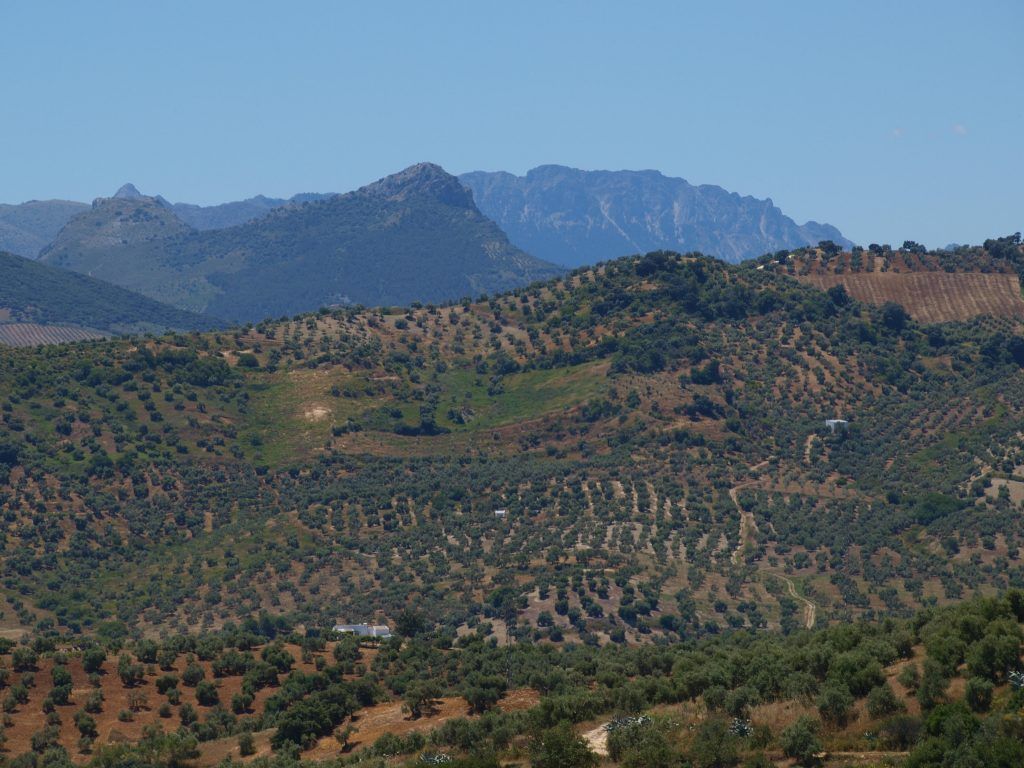A recent study, "Analysis of social preferences for features sloping olive groves and disadvantaged areas in Andalusia" confirms the relevance of the different functions performed by this crop in our region. The olive grove mountain, predominant in Sierra de Cadiz, pricipalmente is defined by the limitation caused by high slope (>20%), which hinders the complete mechanization of the mining. While the quality of oils obtained is contrastingly high (with higher levels of polyphenols, for example), often affect secondary factors such as altitude and a poor and shallow soils, that ultimately determine low profitability, due to high production costs caused by the difficulties of mechanization and constraints of the physical environment.
That report highlights that limited yields and profitability could lead in the near future towards a progressive abandonment of productive activity in these areas. The consequences would be disastrous, as losses not only affect the environmental role (biodiversity, erosion control, maintenance of the landscape, fight against climate change, etc.) that meet today these crops, but also the social aspect (employment creation, fixing the rural population, etc.) and economic (food production, efficiency of farms, infrastructure, etc.).
The solution would be to support the effective implementation of laws protecting the mountain olive groves productive activity as needed, for example by specific payments, and at the same time encourage the creation new public goods and services among the rural population, so that the natural and cultural wealth treasured can be more easily reach a society that increasingly values the real importance of these mountain environments.







